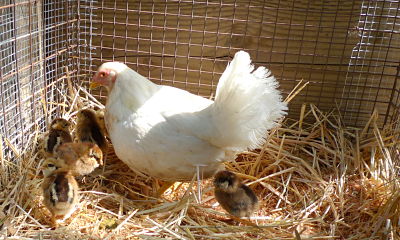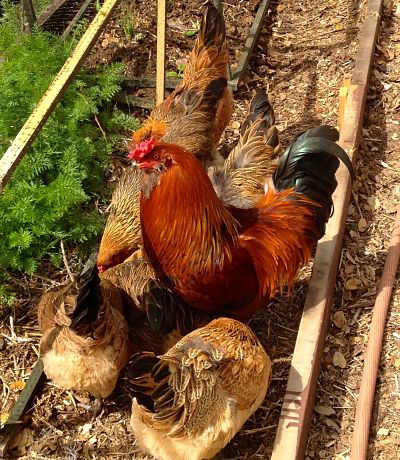Littoral Press is printing a new book of poems by Steven Rood, I Say Their Names. Among the poems is this one referencing Jack Gilbert, which he kindly allowed me to post here:
The old man still wants to write poems.
But can’t see or make a pen work.
He also repeats things. He asks me
what the tone of my life is. Tone, Jack?
Desperate, fearful, deep, courageous, happy?
Yes, Jack, all of them. That’s good, he says.
And wants to know what the shape
of my life is. Shape, Jack? Drifting,
floating, purposeful, incidental, flowing?
Yes, Jack, all of them. That’s good, he says.
Then asks me what the tone of my life is.
And its shape. I answer more carefully,
so that I really do think I have power, deep, and fear
as my tones, and uncertainty as my shape.
I was frightened, he says, that you would just float.
What do you want to do with the rest of your life? he asks.
Which he asks of everyone in the assisted living facility.
As a result, he thinks, all the residents hate him.
I tell him I love him and the way he asks his questions,
over and over, until an answer begins to clarify
as I stutter and sound stupid trying to make sense
out of myself inside his bewildering
assignments. That’s the way he’s always taught.
The strange mind and immense feeling
twisting himself and me into odd angles.
His tone is truth and will. His shape is helpless.
The rest of his life is grief.
Steven Rood
[for Jack Gilbert]
Interesting how one thing leads to another.










